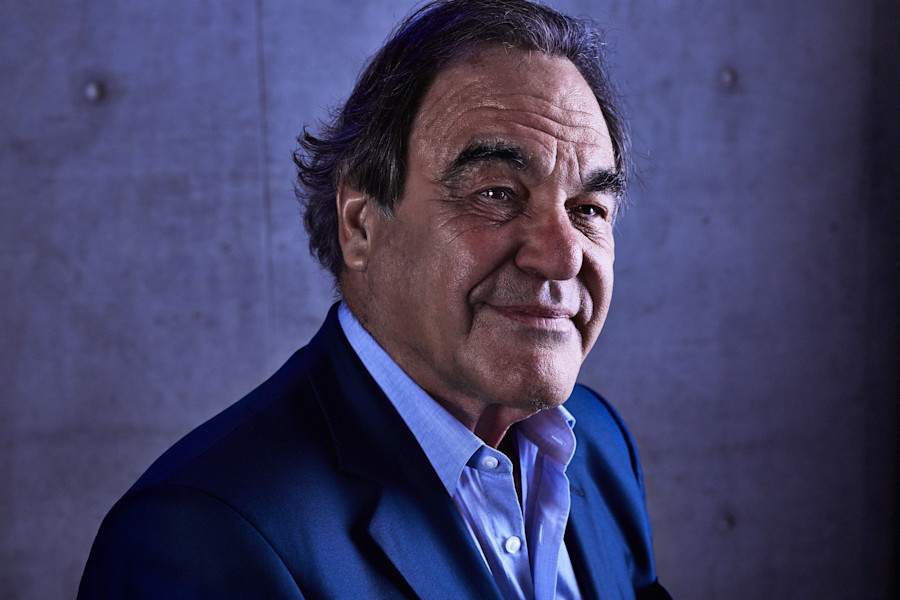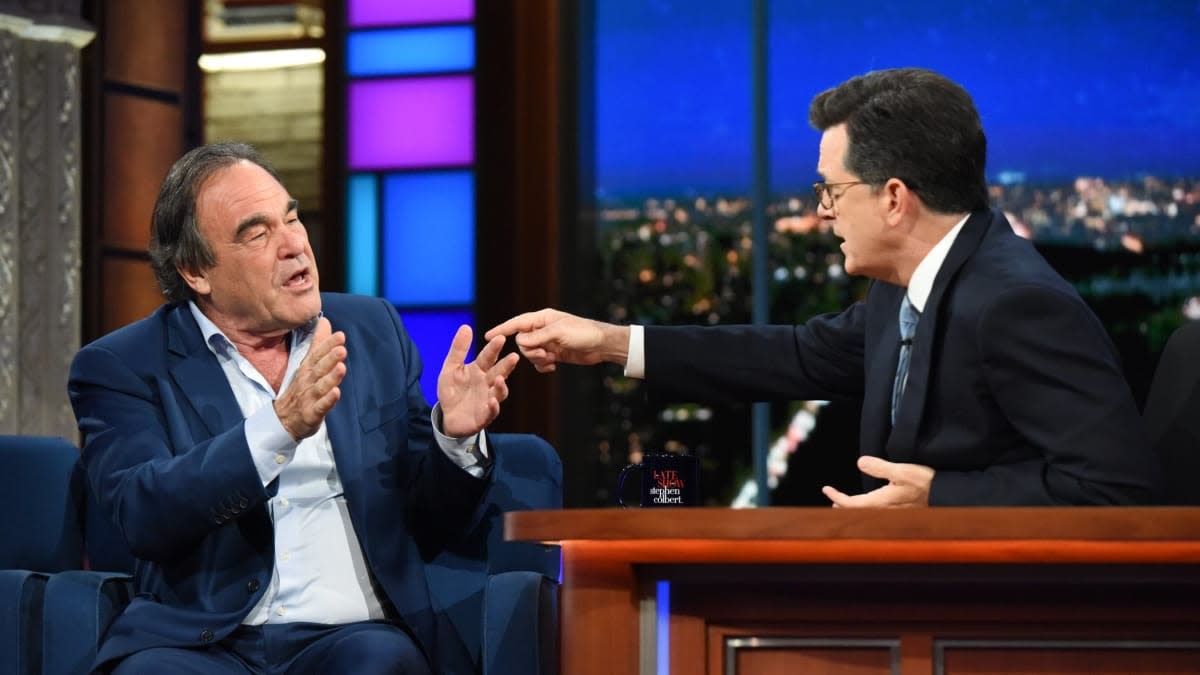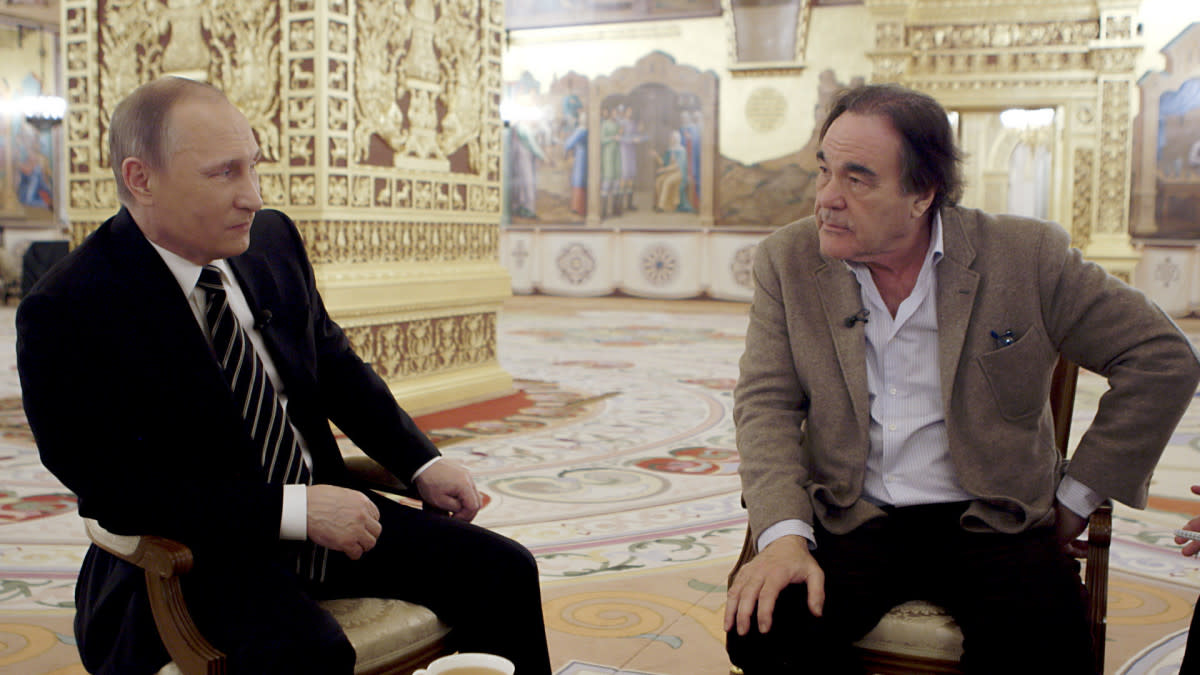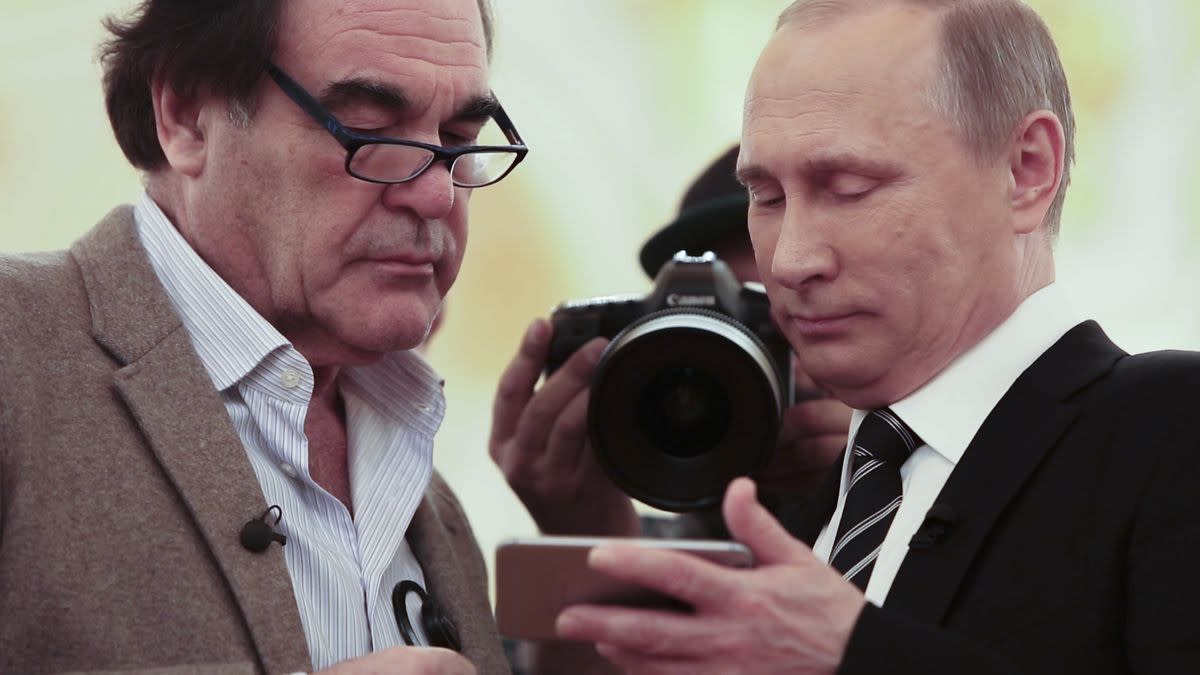Oliver Stone Talks Storytelling, Putin and Assange

"I'm more excited than ever about the nature of my work. I feel that I'm an honest filmmaker, who, in every film I've made, even when I was compromised by finances or by producers or this or that, I always chose a subject I wanted to do and made the best of it. I find myself at this point in time, ironically enough, with the most passionate issues of my life, which have always been war and peace, survival, how to live, what a man or a woman is. How you deal with your soul. These are the big questions for me. The daily questions. I find myself in 2017, and here we are in this crazy time."
Oliver Stone, Filmmaker
Do you trust Vladimir Putin?

"The Australians should be furious about Syria, if they had any education. Your aeroplanes are in Syrian airspace now. Why? You're creating this situation for World War 3. You are very much adding fuel to the flames, so Australia is as much to do with it as America and Britain."
Oliver Stone

"The Russia Thing"
Trump and the Death Instinct
"All these whistle blowers [Assange, Snowden, Manning] did a great thing. All of them, and I wish more of them existed. The problem is that not enough of them are coming out. They should really blow the whistle on the Pentagon: They have so much overuse of over budget. It's beyond belief that there's nobody to correct them anymore. "
Oliver Stone
